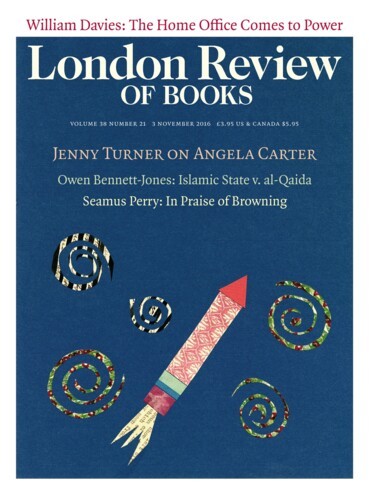Wait and See: The French Resistance
Richard J. Evans, 3 November 2016
On 18 June 1940 Charles de Gaulle, speaking from London, where he had arrived the previous day, denounced the new government led by Marshal Philippe Pétain, which had called for an armistice after the comprehensive defeat of France’s armed forces at the hands of the Wehrmacht. ‘Nothing is lost for France,’ he declared. ‘The war is not over as a result of the...





